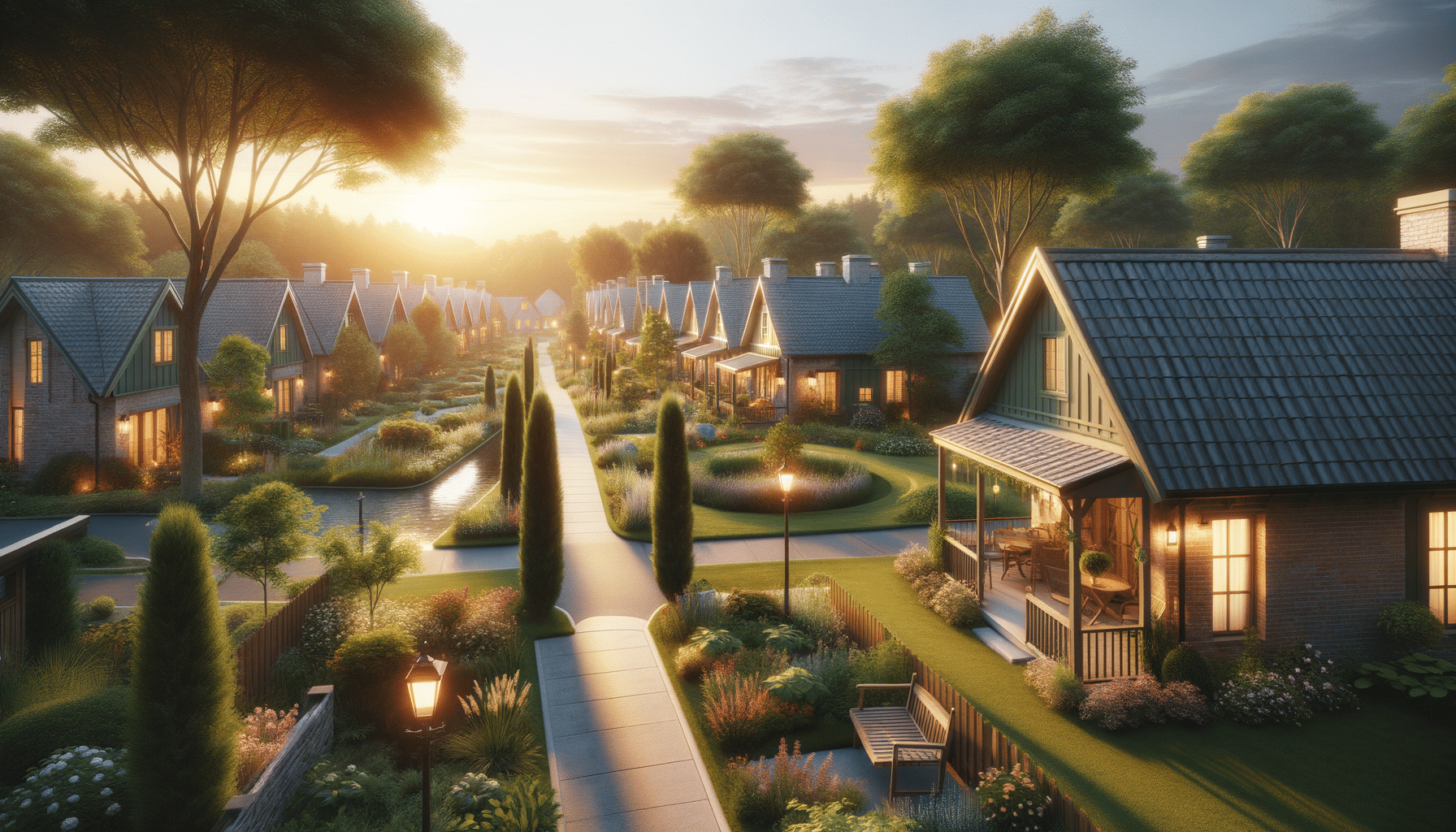
Exploring Retirement Housing: A Comprehensive Guide
Introduction to Retirement Housing
As individuals approach the golden years of their lives, the conversation often shifts towards finding the ideal living arrangement that balances comfort, accessibility, and a sense of community. Retirement housing is a pivotal aspect of this discussion, offering a range of options tailored to meet the diverse needs and preferences of retirees. These housing solutions are designed not only to provide shelter but also to enhance the quality of life through various amenities and social opportunities.
Retirement housing encompasses several types, from independent living communities to assisted living facilities, each catering to different levels of independence and care requirements. The choice of retirement housing is influenced by a variety of factors, including health, lifestyle preferences, financial considerations, and proximity to family and friends. Understanding these options can help retirees and their families make informed decisions that support a fulfilling and enjoyable retirement experience.
Types of Retirement Housing
Retirement housing comes in various forms, each designed to meet specific needs and preferences. The primary types include:
- Independent Living Communities: These are ideal for active seniors who can manage daily tasks but prefer a community setting with amenities like dining, housekeeping, and recreational activities.
- Assisted Living Facilities: These provide support with daily activities such as bathing, dressing, and medication management, while also offering social and recreational opportunities.
- Continuing Care Retirement Communities (CCRCs): These offer a continuum of care from independent living to skilled nursing, allowing residents to age in place without needing to move as their care needs change.
- Skilled Nursing Facilities: Also known as nursing homes, these provide 24-hour medical care and support for individuals with significant health needs.
Each type of retirement housing serves a unique purpose and caters to different aspects of a retiree’s lifestyle and care requirements. The choice largely depends on the level of independence desired and the type of support needed.
Factors to Consider When Choosing Retirement Housing
Choosing the right retirement housing involves careful consideration of several factors:
- Location: Proximity to family, friends, healthcare facilities, and other essential services can greatly influence the choice of retirement housing.
- Cost: Understanding the financial implications, including entrance fees, monthly charges, and potential increases, is crucial. It’s important to assess what is affordable and what financial resources are available.
- Services and Amenities: The availability of services such as transportation, dining options, fitness centers, and social activities can significantly impact the quality of life.
- Level of Care: Assessing current and future healthcare needs is essential in choosing a facility that can accommodate these requirements over time.
Taking the time to evaluate these factors can lead to a more satisfying and stress-free retirement experience.
The Benefits of Retirement Housing
Retirement housing offers numerous benefits that contribute to the overall well-being of retirees:
- Social Engagement: Living in a community setting encourages social interaction and participation in group activities, reducing the risk of isolation and loneliness.
- Safety and Security: Many retirement communities provide 24-hour security and emergency response systems, offering peace of mind to residents and their families.
- Maintenance-Free Living: Most facilities handle maintenance tasks such as lawn care, repairs, and housekeeping, allowing residents to focus on enjoying their retirement.
- Access to Healthcare: Proximity to healthcare services and on-site medical support ensures that residents receive timely and appropriate care.
These benefits make retirement housing an attractive option for many seniors, providing a supportive environment that enhances their quality of life.
Conclusion: Making the Right Choice for Retirement Housing
Retirement is a time to enjoy the fruits of one’s labor, and choosing the right retirement housing plays a crucial role in ensuring this stage of life is fulfilling and comfortable. By understanding the different types of retirement housing, considering key factors, and recognizing the benefits, retirees can make informed decisions that align with their lifestyle and care needs.
As the population ages, the demand for diverse and adaptable retirement housing options will continue to grow. It’s essential for individuals and their families to start planning early, exploring various options, and visiting potential communities to find the perfect fit. With the right choice, retirement housing can offer a supportive and enriching environment that enhances the overall quality of life for seniors.


